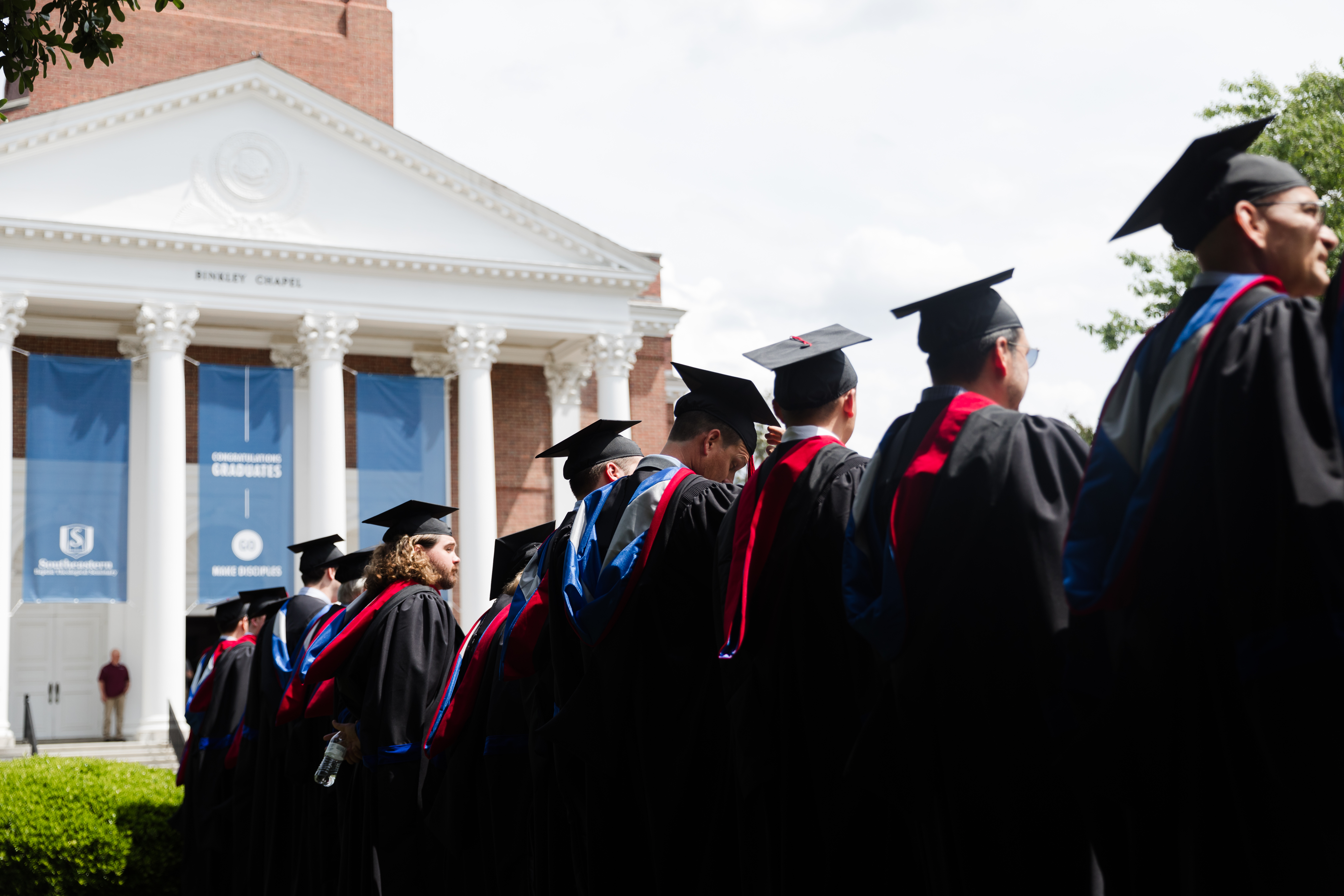Human Dignity/Equality
Imagine discovering a painting tucked away in the attic of an old home. You take it to the Metropolitan Museum of Art, and the experts tell you that it bears all the distinguishing features of an original Da Vinci. Then the experts tell you that they believe the painting is actually a self-portrait; it is of Da Vinci himself! You cannot believe it; you have discovered a priceless work of art.
This painting story is analogous to discovering humanity’s true identity. The Bible tells us that we bear all the distinguishing features of God’s craftsmanship. But it does not stop there. It also says that we are part of a series of God’s “self-portraits.” We are living artwork that God made to resemble Him! As it says in Genesis, “So God created man in his own image, in the image of God he created him; male and female he created them” (Genesis 1:27). Like the painting, it is not only who made us, but in whose image we have been made that gives us such incredible value. If God exists, every human is objectively and equally valuable.
Does that sound wonderful? This story is more compelling and more desirable than the classic, atheist story, which maintains we are cosmic accidents who have been left on the doorstep of the universe by chance. Love is not at the heart of reality or the motivation for our existence. Rather, there is no motivation behind our existence; our existence is merely the result of mindless matter in mindless motion. Natural selection, not “God,” is our “Father.” Thus, we have no real value (equal or otherwise).
Honest atheists, like Albert Camus, admit the atheist story is grim. Hence why he said, “There is only one really serious philosophical problem, and that is suicide.” But existentialism attempted to provide a solution to atheism’s inherent nihilism. Defy reality by deciding life has meaning and value (wink, wink). In other words, pretend we have not “unchained the earth from its sun” by rejecting God. Act “as if” human life has meaning and equal value, although looking at nature, it obviously does not. The law of the jungle, which is the default mode of operation in nature, including human nature, unequivocally demonstrates that humans aren’t equally valuable. Some humans are stronger, healthier, and wealthier than others. Human equality is a social construct that defies the natural order of things.
But is it True?
In the battle of the narratives, Christianity tells a more desirable story about human value and equality, hands down. “But, is it true?” Cultural apologetics must be part of a one-two apologetics punch, because at the end of a persuasive cultural apologetic, people’s instinctive response is to say, “That sounds nice, but it does not make it true.” At which point, we need to be able to persuasively make a case for Christianity’s truthfulness, leveraging time-tested arguments, such as the cosmological, teleological, and moral arguments, along with arguments for the historicity of the resurrection.
Granted, we cannot argue people into the kingdom. But we cannot “out-narrate”[1] them into the kingdom either. We must rely on the Spirit to use our holistic apologetic to cultivate good soil for the gospel in the hearts of those we are engaging.
History & Human Equality
The idea of human equality and the enshrinement of human equality in law was bequeathed to civilization by Christianity, not by secularism or any other philosophy or religion. Accusing Christianity of being against human equality is like accusing an orange tree of being detrimental to the production of oranges.
That said, we cannot assume that our unbelieving neighbors and friends know the better, more desirable story, its influence on Western civilization, or the reasons for its truth. To love our neighbors well, we need to adopt a holistic apologetic that listens to their existential and intellectual concerns and responds with a contextualized message that defends the beauty, goodness, and truth of Christianity.






No comments have been added.